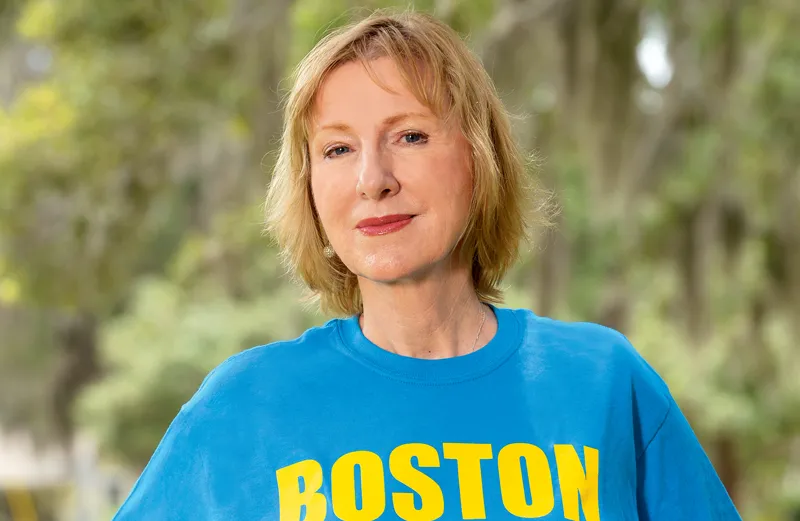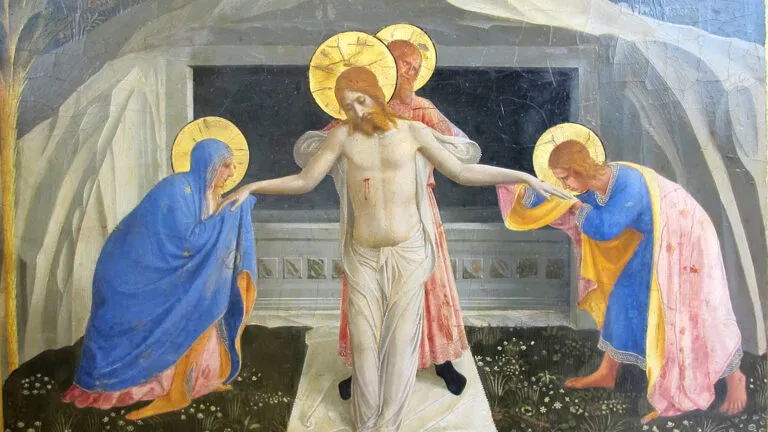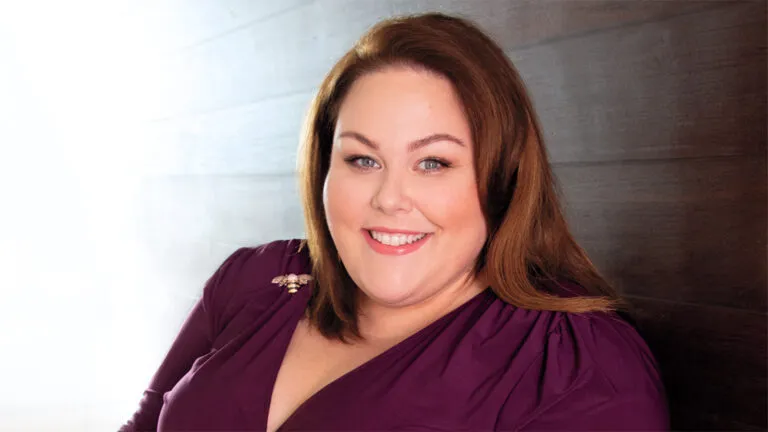April 15, 2013, 3:00 p.m., medical Tent A, the Boston Marathon. My fourth year volunteering as a nurse. Our 150-person medical team was busy that afternoon—mostly treating runners with minor injuries and dehydration. I was taking the vitals of a female runner who felt light-headed—a typical postrace complaint.
But there was nothing typical about the sound I heard while listening to her heartbeat. Thump-thump, BOOM! A powerful force shook the tent and reverberated through my body.
I yanked the stethoscope out of my ears and looked at the TV above my patient’s cot showing live footage from the finish line, about a hundred yards away. Plumes of smoke covered the picture. Probably just a celebratory cannon shot for Patriots’ Day, I thought, turning back to her.
BOOM! A thunderous explosion louder than the first rocked the ground beneath us. Sirens wailed. An acrid smell filled the air. I looked at the other volunteers as we struggled to make sense of everything.
“Stay calm, and remain with your patients while we figure out what’s going on,” our medical coordinator, John, said over the loudspeaker.
Seconds later, I heard the screams of pain. Runners started staggering into the tent covered in blood and soot, their expressions frozen with shock. First responders wheeled in others with gruesome shrapnel wounds and missing limbs.
Word spread that the sounds we’d heard were bombs. Our first-aid tent was now a trauma unit.
Immediately I started calling my kids. My husband, Jerry, had died five years earlier and they were my world.
They would understand how bad this was. Johanna, my eldest, was in the Capitol building on 9/11. Sean and Brendan, both Marines, had done tours in Afghanistan and Iraq. Andrew is a paramedic and Bridget a speech therapist.
Brendan was the first to pick up. “It’s like a war zone here,” I said, “but I’m okay.” I wasn’t sure if he could hear me, so I texted Johanna the same thing and added, “Please let your siblings know I’m fine.” After that, phone traffic went dead.
As a family we’d always leaned on prayer. We tried to live by the advice of Saint Francis: “Preach the Gospel always. And when necessary, use words.” So if there was one thing stronger than my nursing skills, it was my faith.
Still, I never imagined I’d have to deal with something like this. This nightmare was a world away from Manatee Memorial Hospital in Bradenton, Florida, where I’d been a lactation consultant and obstetrical nurse for more than 30 years.
In 2008, one of my colleagues, Cathy, in her late fifties like me, was training to run the Marine Corps Marathon in D.C. I preferred ballet to running, but I admired her ambitious goal.
“Wish I could be there to cheer you on,” I said.
“Actually…they need volunteer nurses in the medical tent,” she said. “Why don’t you come? And volunteering would be a nice way to honor your sons and their Marine service in the Middle East.”
I loved the idea of doing something as a tribute to them. And I was still getting over Jerry’s death, so a fun trip with a friend sounded great. But I was a baby nurse. “I don’t know a thing about treating athletes,” I told her.
“Come on,” she insisted. “We’ll have a great time.”
I called the volunteer headquarters. “If you can take a blood pressure, we’d love to have you,” they said. That was it. I packed my bag and joined Cathy. Being around passionate runners and all those feel-good endorphins inspired me more than I’d imagined. It was like I’d added a new chapter to my life.
And in 2010, when an athletic trainer friend raved about the Boston Marathon (“It’s one of the greatest races in the world!”), I volunteered for that too. I was hooked!
This year, I’d come up from Florida the day before the race to stay with my cousin Suzanne. We stuck to the ritual we’d developed in previous years—walking the 30 minutes into Boston together, since her office was close to where I had my pre-marathon meeting.
After we said goodbye I headed to the meeting, where we were briefed about the most common kinds of injuries to expect—muscle strains and sprains, blisters, cramps, knee pain and dizziness.
Nothing like the horrific injuries I saw now. John continued to direct us while a trauma doctor relayed instructions to him.
“We need to prepare for triage,” John said as calmly as he could. Patients would be quickly assessed 3, 2 or 1, according to the seriousness of their injuries.
The most badly injured ones—the 3s—were sent to the back of the tent, where a handful of ambulances were waiting to transport them to one of the city’s major hospitals. “Stay calm and do what you are trained to do,” he added. “Treat one patient at a time.”
A rookie volunteer turned to me, trembling. “I’m a primary-care nurse. I’m not qualified to treat these kinds of injuries,” he said.
I knew how he felt. No one could have been prepared for this.
“You can do this!” I said, grabbing his face with my hands, willing him not to give up. And, in a way, maybe I was willing myself as well. “We have the supplies we need and we’ll work together to handle anything God sets in front of us.”
“Okay, okay,” he said.
I didn’t want anyone else to be afraid either. Almost unwittingly, I thrust my hand up and waved it. “Does anyone want to pray?” I called out. “Prayer is powerful! It will give us strength!”
Before I knew it, several volunteers had gathered around me. I said the first prayer that came to mind, the Our Father. But when I came to the line “Give us this day our daily bread,” I quickly changed it to “Give us this day our skills and supplies.” Today, those were our daily bread.
And when we got to the part about forgiveness, I found it difficult to say. How could we forgive this atrocious act of terror?
I followed the Our Father with a line from the prayer to Saint Michael that I said daily before leaving my house: “Saint Michael the archangel, defend us in battle. Be our protection against the wickedness and snares of the devil.”
I looked around the tent. The pandemonium ceased as we all sprang into action. We worked together like a well-oiled machine.
Then, a man was wheeled past me with two bones protruding from where legs should have been. Blood was everywhere and his face was completely void of color. More people in horrifying shape entered the tent. I repeated the prayer as we worked.
“Our Father, who art in heaven, hallowed be thy name….” Others joined in.
Over the next two hours I continued praying that prayer with patients and volunteers. Hoping to comfort them and, in turn, comforting myself. I felt God’s presence at every cot. But did anyone else?
I wondered that as I treated one young woman whose skin was shredded with shrapnel wounds on her legs, arms and neck. Her doctor pulled out scissors and went to cut a lovely silk scarf from her neck. This poor woman had been through so much. Couldn’t she at least keep her scarf?
Quickly, I unknotted it and slipped it off just before his scissors had the chance. I placed it in her hands.
“Thank you for saving my scarf,” she whispered weakly. She gave my hand a squeeze with the little strength she had left. I squeezed it right back.
We processed an incredible 97 patients in the first 20 minutes following the explosions. Three people were killed and there were 264 injuries, but no one died in the tent that day.
When the last patient was dismissed I started to think about making my way back to Suzanne’s house, but the T—Boston’s public-transportation system—was shut down, my phone was dying and I hadn’t memorized anyone’s phone numbers. Just then Suzanne called me.
“I’m in a car in South Boston,” she said. “As close as I can get.”
It was still a distance from me. Police had barricaded the area and a full investigation and manhunt were under way.
“What if I don’t find you?”
“Don’t worry, I’ll find you,” she said.
“Just start walking.”
Police on radios cleared me through the streets and helped direct me to Suzanne. I hadn’t cried all day, but the moment we hugged, all those tears I’d held in came flooding out.
I’ll never understand why tragedies like this happen, why senseless acts of terror occur. But I know who helps us get through them. The One who gives us the strength to rise above fear when we aren’t sure we can.
And it’s because of that strength that I know right where I’ll be next April: in Boston, volunteering at one of the greatest races in the world.
Download your FREE ebook, A Prayer for Every Need, by Dr. Norman Vincent Peale





